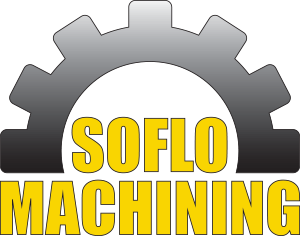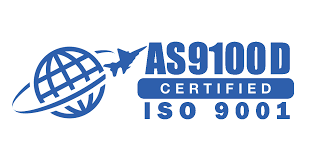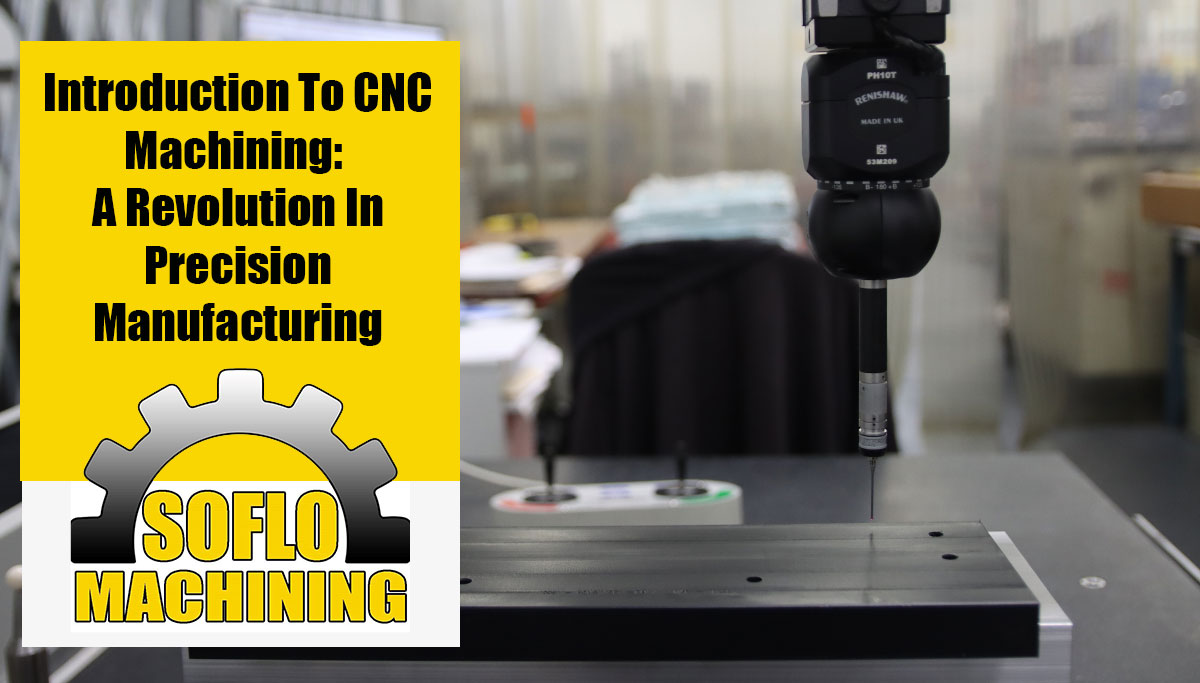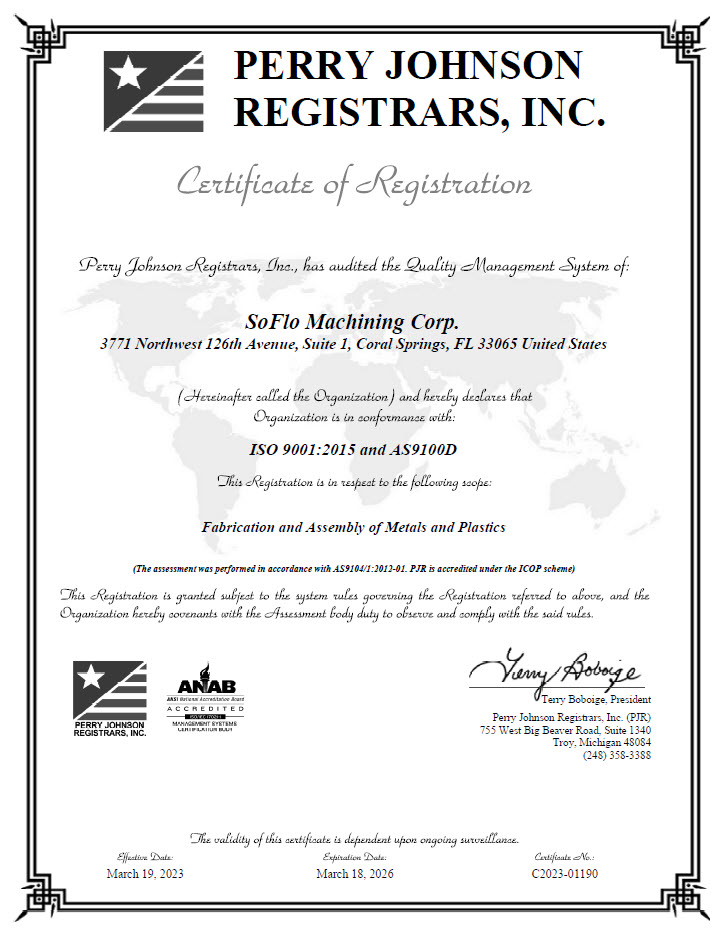Precision, efficiency, and consistency are vital in the world of manufacturing. These factors drive industries to continually seek innovative methods to streamline production processes while maintaining the highest quality standards. One such innovation that has revolutionized precision manufacturing is Computer Numerical Control (CNC) machining.
With the ability to produce intricate and complex parts with remarkable accuracy, CNC machining services have become the cornerstone of various industries, including the aerospace, automotive, and healthcare sectors. To help you understand this technology better, this article provides an in-depth knowledge of CNC machining.
What is CNC Machining?

CNC machining is a manufacturing process that uses computerized control systems to operate and manipulate machining tools, such as lathes, mills, routers, and grinders. Unlike traditional manual machining, where an operator manually guides the tools, CNC machining automates the process, relying on computer programming and precision machinery.
The strength of CNC machining lies in its ability to transform a digital design into a tangible product with unparalleled precision and repeatability. This ensures uniformity in production and significantly reduces the risk of human error.
How CNC Machining Works
CNC machining is a fusion of advanced computer technology and precision machinery. It operates through a thoroughly choreographed interplay of digital commands and mechanical movements, resulting in the creation of intricate components with exceptional accuracy.
The process starts with building a digital 3D model of the desired part using Computer-Aided Design (CAD) software. This digital model is the master plan, containing specifications such as dimensions and geometries.
Once the 3D model is ready, CAM software is employed to generate a toolpath. The toolpath is a set of instructions that dictate the precise movements and operations the CNC machine will perform to transform raw material into the final part.
With the digital instructions, the CNC machine operator loads a raw material – typically metal, plastic, or composite – into the machine. The machine will shape and carve the material according to the toolpath generated by the CAM software.
Throughout the machining process, sensors and advanced software continuously monitor the quality and dimensions of the part being produced. If any deviation from the design occurs, adjustments are made in real time to ensure the final product meets the required specifications. This constant vigilance ensures that the finished product is consistent in quality and accuracy.
Understanding CNC Machining Support Software
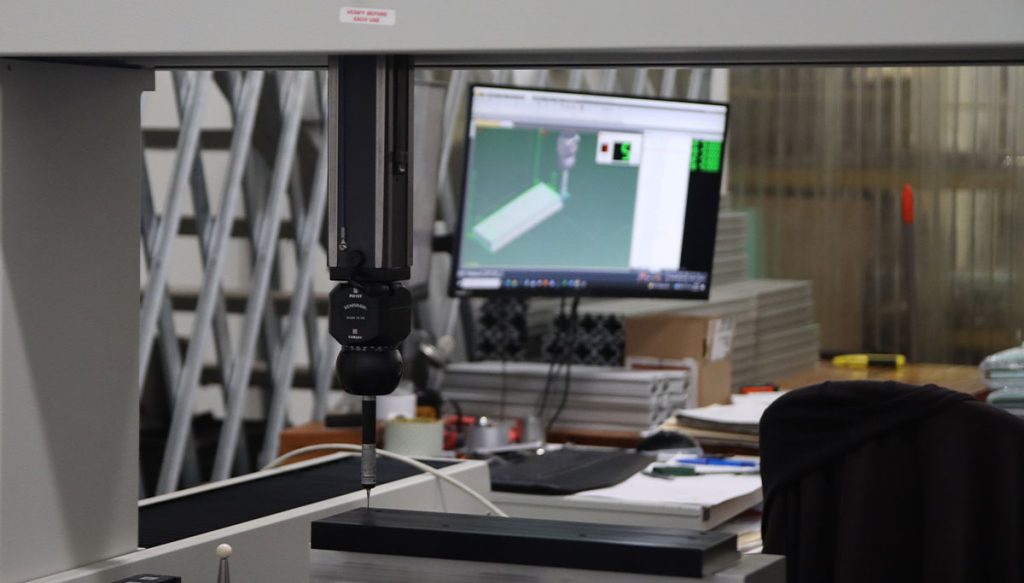
The following software applications greatly enhance the efficacy and precision of CNC machining services:
CAD: Computer-Aided Design
Computer-aided design (CAD) software is used to create detailed 2D vector or 3D solid renderings of parts and surfaces. It assists in the visual representation of the design and generates crucial technical documentation and specifications associated with the part.
The designs and models produced in CAD are the foundation for the CNC machining process. CAD software has various functions, including:
- Determining optimal part properties
- Evaluating and verifying part designs
- Simulating products without the need for physical prototypes
- Providing manufacturers and job shops with comprehensive design data
CAM: Computer-Aided Manufacturing
Computer-aided manufacturing (CAM) software bridges the gap between the design phase and the actual production of CNC machines. CAM programs extract technical information from CAD models and generate machine programs that guide the CNC machine’s movements and tooling manipulations.
One of the key advantages of CAM software is its ability to enable CNC machines to operate autonomously without constant operator supervision. It facilitates the automation of finished product evaluation, contributing to efficiency in the manufacturing process.
CAE: Computer-Aided Engineering
CAE is critical in the broader development process, offering support in various phases of engineering analysis. Engineers use CAE tools during pre-processing, research, and post-processing stages.
CAE software helps evaluate and modify product designs to meet performance and safety standards. There are various types of CAE software available, including finite element analysis (FEA), computational fluid dynamics (CFD), and multibody dynamics (MDB) software, each tailored to specific engineering challenges.
Types of CNC Machines
CNC machining services rely on different machines to perform various tasks, including the following:
CNC Mills
CNC milling machines, often referred to as machining centers, are some of the most common and versatile CNC tools. They use rotating cutting devices to remove material from a workpiece, shaping it into the desired form.
CNC mills can be categorized as vertical or horizontal. In vertical mills, the spindle (the part holding the cutting tool) is oriented vertically, making them ideal for drilling holes and creating pockets. Conversely, horizontal mills have the spindle positioned horizontally, hence suitable for tasks like cutting grooves and slots.
CNC Lathes
CNC lathes are essential for shaping cylindrical or round parts. These machines rotate the workpiece while cutting tools are applied to it. Lathes are vital in industries like automotive and aerospace for crafting shafts, bearings, and other rotational components. Their ability to create symmetrical and concentric shapes accurately ensures the smooth operation of various mechanical systems.
CNC Plasma Cutters
CNC plasma cutters use a high-velocity jet of ionized gas, or plasma, to cut through metal. They are crucial when cutting through thick metals in the automotive, construction, and metal fabrication industries.
The CNC program guides the plasma cutter’s movements over the metal sheet, following the predetermined cutting path. The intense heat of the plasma jet melts through the metal, creating desired cuts.
CNC Laser Cutters
CNC laser cutters employ high-powered laser beams to cut or mark different materials, including metals, plastics, and fabrics. They are recognized for their ability to achieve intricate detailing and fine lines, making them ideal for the jewelry, aerospace, and electronics industries.
CNC 3D Printers
While traditional CNC machines are subtractive, CNC 3D printers are additive. These printers build objects layer by layer using materials like plastics, metals, and ceramics.
3D printers are becoming increasingly popular in CNC machining services for rapid prototyping and production of intricate, complex components. They use materials like plastics, metals, and even ceramics to create three-dimensional objects geometrically.
Applications of CNC Machining
Many industries rely on CNC machining for operation. Here are some notable applications of this technology:
- Aerospace: CNC machining is vital in producing aircraft components, including engine parts and airframe sections.
- Automotive: The automotive industry relies heavily on CNC machining for manufacturing engine parts, transmissions, chassis components, and even intricate details of car interiors.
- Medical Devices: The medical sector benefits from CNC machining for creating precision instruments, implants, and prosthetics, ensuring patient safety and comfort.
- Electronics: CNC machining is used to fabricate custom enclosures, heat sinks, and connectors for electronic devices, enabling efficient heat dissipation and compact designs.
- Art and Design: Artists and designers use CNC routers to create intricate sculptures, furniture, and architectural elements, pushing the boundaries of creativity and craftsmanship.
- Tool and Die Making: CNC technology is indispensable in creating molds, dies, and cutting tools, ensuring the quality and precision of mass-produced parts.
Advantages of CNC Machining
CNC machining offers several advantages that have propelled it to the forefront of modern manufacturing:
Unparalleled Precision
CNC machines operate with meticulous accuracy, following pre-programmed instructions to the finest detail. This precision ensures that each component or product is manufactured to meet exact design specifications.
Consistency in Every Piece
The automated nature of CNC machines eliminates the variability introduced by human operators in manual machining. Each piece produced using CNC machining services is a near-perfect replica of the one before, ensuring that quality standards are consistently maintained throughout production.
Tackling Complexity with Ease
CNC machines can effortlessly create intricate and complex shapes that would be nearly impossible to achieve through manual methods. This capability is invaluable in industries such as aerospace, where complex engine components are the norm, and in healthcare, where surgical instruments demand intricate designs.
Operational Efficiency
Once programmed, CNC machines can operate autonomously, often running 24/7 with minimal human intervention. This “lights-out” machining capability maximizes productivity and throughput, making CNC machining services highly efficient and cost-effective. The reduction in labor costs and the ability to maintain continuous production cycles contribute to significant savings for manufacturers.
Quick Prototyping and Iteration
CNC machining allows for quick prototyping and modification of designs. Engineers and designers can create prototypes with remarkable speed, test them, and make necessary adjustments, accelerating the product development cycle. This agility is critical for staying competitive in dynamic markets.
Quality Control
The digital nature of CNC programming ensures that each part is produced precisely according to design specifications. This inherent quality control reduces the likelihood of defects, minimizing the need for costly rework and enhancing the overall quality of manufactured components.
Choose SoFlo Machining for Your CNC Manufacturing Needs
If you are searching for CNC machining services that prioritize precision, reliability, and innovation, look no further than SoFlo Machining. With years of experience in the industry, we have a track record of delivering exceptional results across diverse sectors. Our state-of-the-art equipment and skilled technicians ensure your projects are executed to the highest standards. Contact us today to discover how we can elevate your CNC manufacturing needs to the next level.
